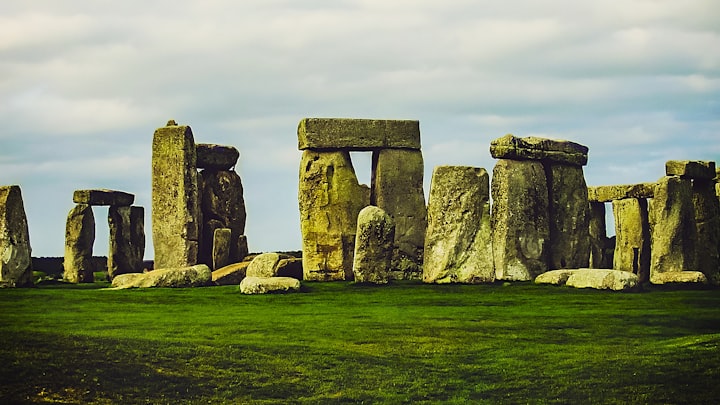
The Norman Conquest of England in 1066 AD was a pivotal event in English history that had profound and lasting consequences. It marked the end of Anglo-Saxon rule and the beginning of the Norman period in England, which lasted for over 200 years. The Conquest had a significant impact on the English language, culture, and political institutions, and it shaped the course of English history for centuries to come.
The origins of the Norman Conquest can be traced back to the reign of Edward the Confessor, who ruled England from 1042 to 1066. Edward was a devout Christian who had spent many years in exile in Normandy, and he had a strong affinity for Norman culture and customs. He surrounded himself with Norman advisers and appointed Norman bishops and other officials to high positions in the Church and government.
Edward's reign was marked by political instability and conflict, as rival factions jostled for power and influence. He had no children and no clear successor, and this led to a power struggle that ultimately paved the way for the Norman Conquest. In 1066, when Edward died, there were three main claimants to the throne: Harold Godwinson, who was the most powerful noble in England; Harald Hardrada, the King of Norway; and William, the Duke of Normandy.
Harold Godwinson was crowned king of England shortly after Edward's death, but his reign was short-lived. Within weeks, he was forced to defend his claim to the throne against two rival invaders: Harald Hardrada, who had landed in northern England with a large army, and William of Normandy, who had invaded southern England with a force of Norman knights.
Harold defeated Harald Hardrada at the Battle of Stamford Bridge on September 25, 1066, but he was forced to march his army south to meet the Norman invasion. The two armies met at the Battle of Hastings on October 14, 1066, in what would become one of the most famous battles in English history.
The Battle of Hastings was a brutal and bloody affair that lasted for several hours. The Normans, led by William, fought with the discipline and skill of professional soldiers, while the English, led by Harold, relied on a combination of archers, infantry, and cavalry. The battle was fought on a hill, and both sides suffered heavy casualties as they struggled for control of the high ground.
In the end, the Normans emerged victorious, and Harold was killed in the battle. William was crowned king of England on Christmas Day, 1066, in Westminster Abbey, and he set about consolidating his hold on the kingdom. He established a new aristocracy, built castles and fortifications, and introduced Norman customs and legal practices. He also commissioned the Domesday Book, a comprehensive survey of land ownership and taxation that provided a detailed record of England's population and resources.
The Norman Conquest had a profound impact on English culture, language, and institutions. The Normans brought with them a new language, French, which became the language of the court and the ruling elite. This led to the development of Middle English, a combination of Old English and French, which would become the dominant language of England for centuries to come.
The Normans also introduced new architectural styles, such as the Romanesque and Gothic styles, which were used to build churches, castles, and other buildings throughout the country. They also introduced new legal practices, such as trial by jury and the presumption of innocence, which became the basis of the English legal system.
Perhaps most importantly, the Norman Conquest marked the beginning of a new era in English history. The Normans brought with them a new sense of purpose and direction, and they established a powerful and centralized monarchy.





Comments
There are no comments for this story
Be the first to respond and start the conversation.